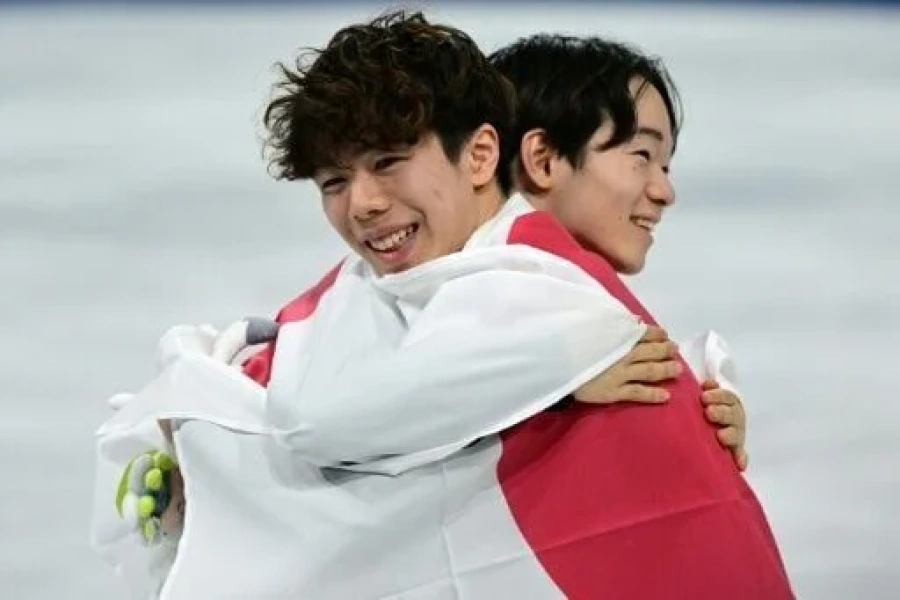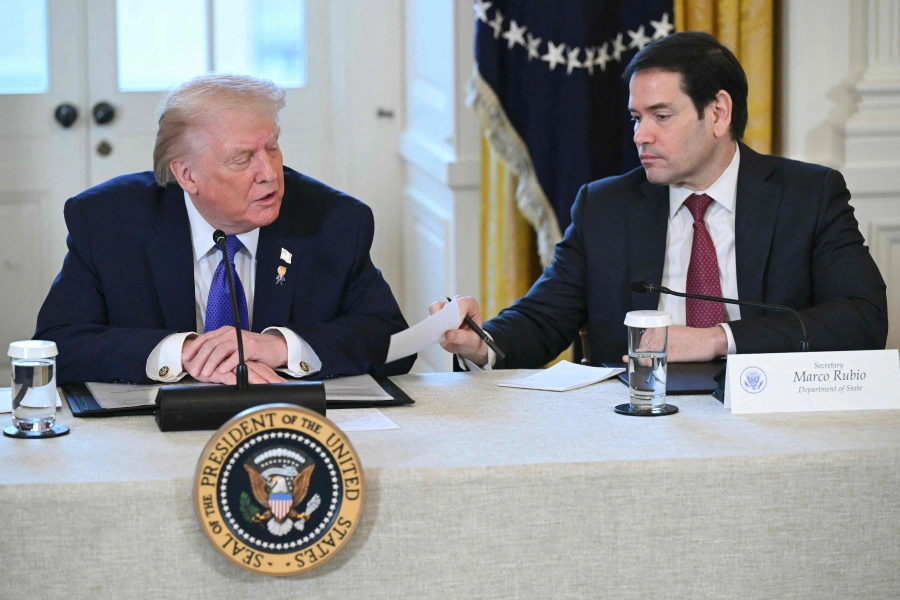KATHMANDU, Jan 25: While expressing dissatisfaction over a joint statement issued by some Western countries and the United Nations on transitional justice, the government of Nepal has said that ‘foreigners’ do not need to remind Nepal about this since transitional justice issues in Nepal are being expedited under its own unique model.
Minister for Communication and Information Technology Gokul Baskota, who is also the spokesperson of the government, said the transitional justice process is being expedited in the spirit of the constitution, the relevant laws, the Comprehensive Peace Accord (CPA) and established principles of transitional justice.
Baskota said the government will take an “appropriate decision” on the fate of the Truth and Reconciliation Commission and the Commission of Investigation on Enforced Disappeared Persons.
Responding to a query by journalists during a regular press briefing at his office Thursday, Baskota said there is no need for confusion just because some have given suggestions or put forth their views on the peace process and transitional justice issues.
Reviewing transitional justice

“We will move forward in our own way and at our own pace. None of the actors of the peace process [in the country] can deviate from consensus. We have been holding adequate discussions on cases related to heinous crimes. We are open to any suggestions and feedback also,” said Baskota, while stating that there was no need to remind Nepal over transitional justice.
Baskota said Nepal had adopted its own unique process and procedures for concluding the peace process and the achievements on this front so far were encouraging.
“Nepal is a model country in terms of peace process. One of the two sides in conflict is defeated in other major conflicts around the world. It is only in Nepal that a win-win situation for both sides has prevailed,” he said.
Earlier on Thursday, Australia, Germany, European Union, Finland, France, Norway, Switzerland, United Kingdom, USA and the United Nations in Nepal had issued a joint statement calling on the government to clarify to the public its plans for taking the transitional justice process forward in 2019 as the mandates of the TRC and CIEDP were expiring soon.
“The undersigned support a number of principles for transitional justice in Nepal. In particular, we support a Nepali-designed, Nepali-led process that is consistent with the 2007 and 2015 judgment of Nepal’s Supreme Court and the country’s obligations under international law,” they said in the statement.
Those issuing the statement also said they were united in the view that without broad public trust in the process, Nepal will not be able to bring closure to the wounds and grievances that persist from the conflict era, nor be able to complete the peace process. “To achieve this, we encourage the government to engage in broad-based, meaningful consultation with conflict victims, civil society and wider stakeholders that allows space and time to discuss and address issues raised before action is taken and helps shape a course of further action that reflects the will of the people,” the statement further reads.
While stating that the transitional justice process had engendered broad public confidence, they also said that they were united in the view that any solution should have the needs of victims at its heart and that the peace process can move forward on a strong foundation only if that condition was met. “Supporting Nepal in establishing a credible transitional justice process and ensuring the stability and prosperity of Nepal remain priorities for the international community,” added the statement.
Although most Western countries with residential embassies in Kathmandu joined in issuing the statement, other major countries including India, China and Russia were not among those issuing the joint statement on Nepal’s transitional justice process.
Some experts have taken strong exception to the UN, in particular, joining in issuing the statement. “This is nothing but their [international community’s] bullying tendency,” said Prof. Yubaraj Sangroula, an expert on international law.


































